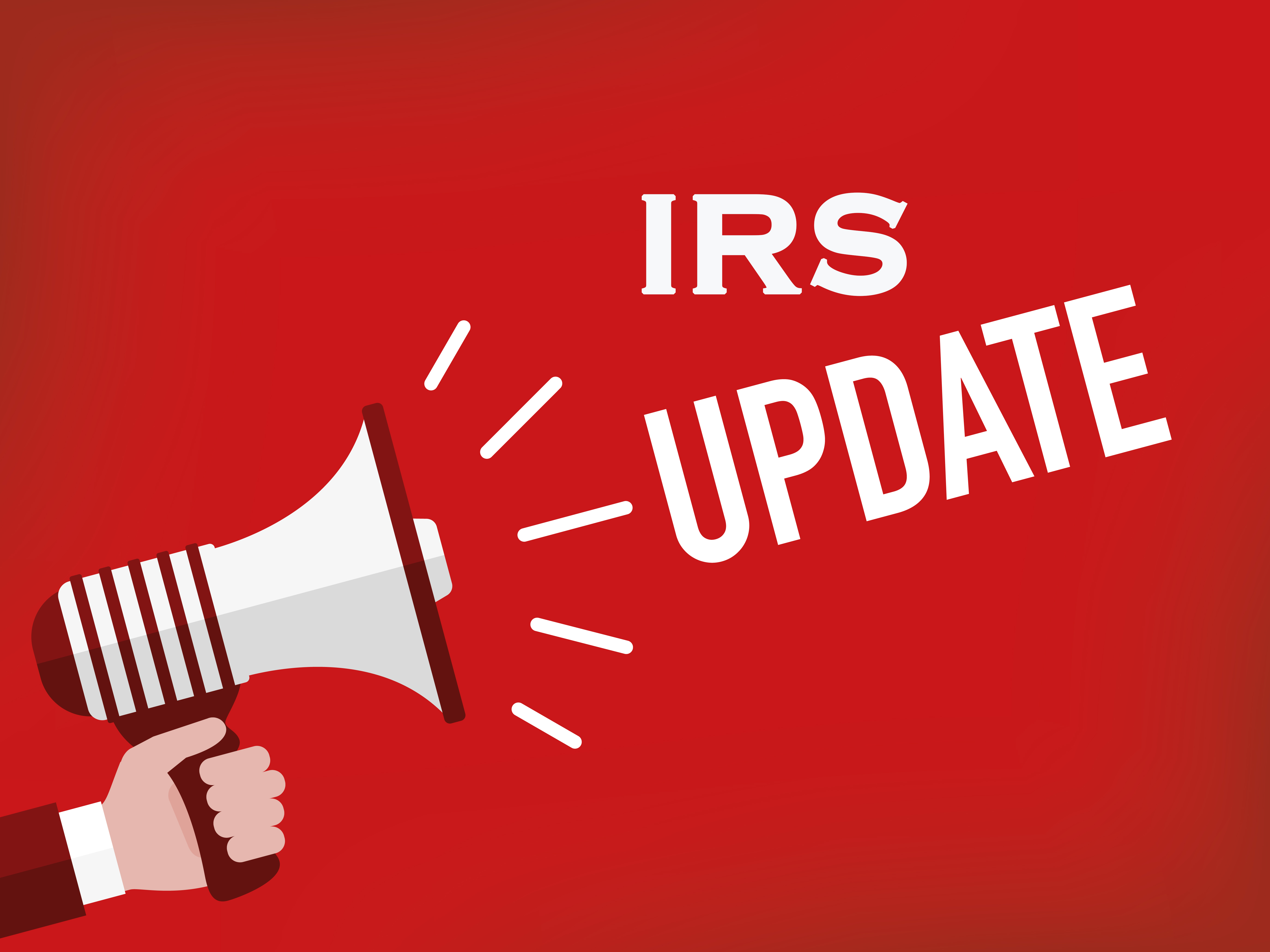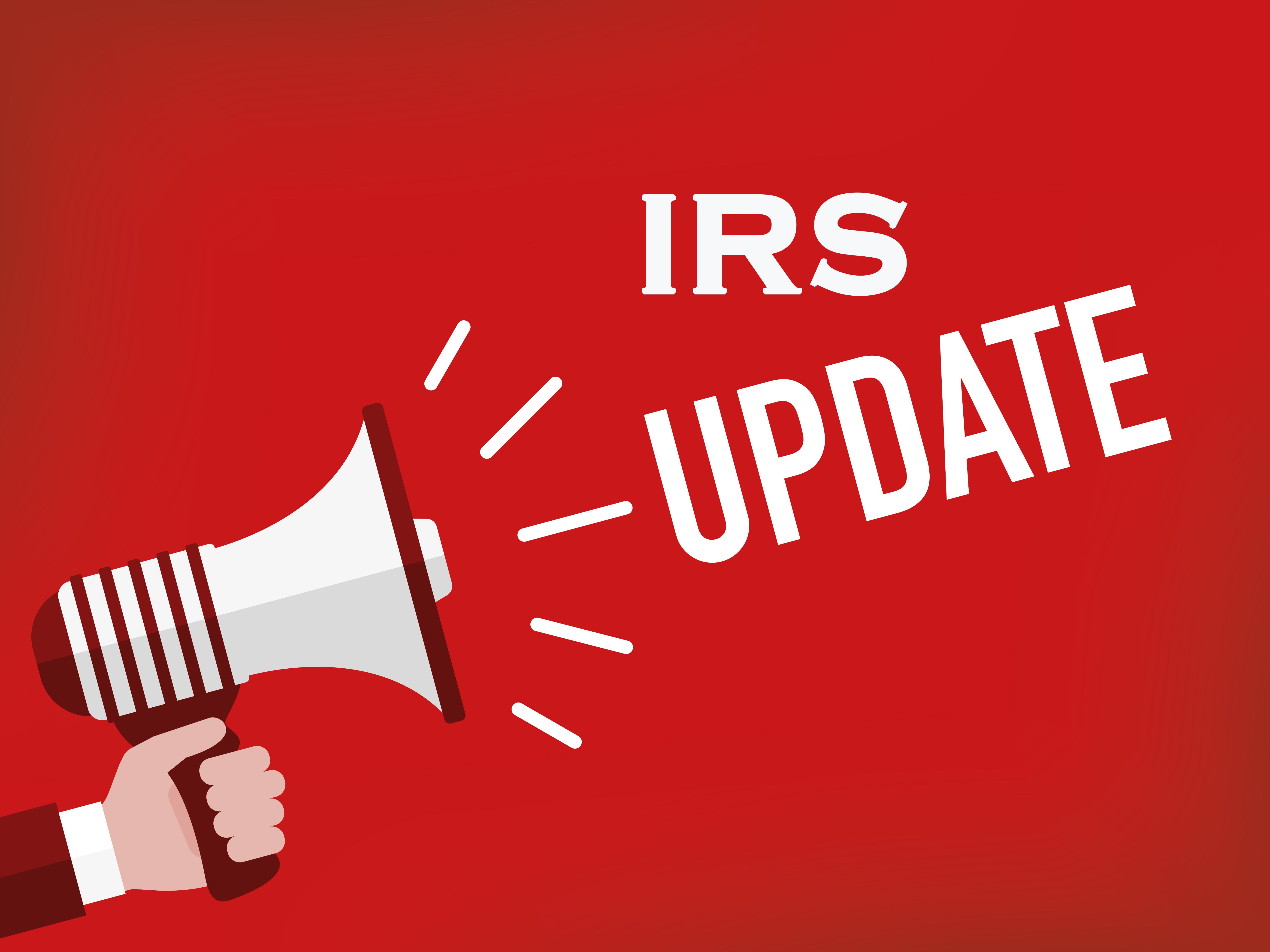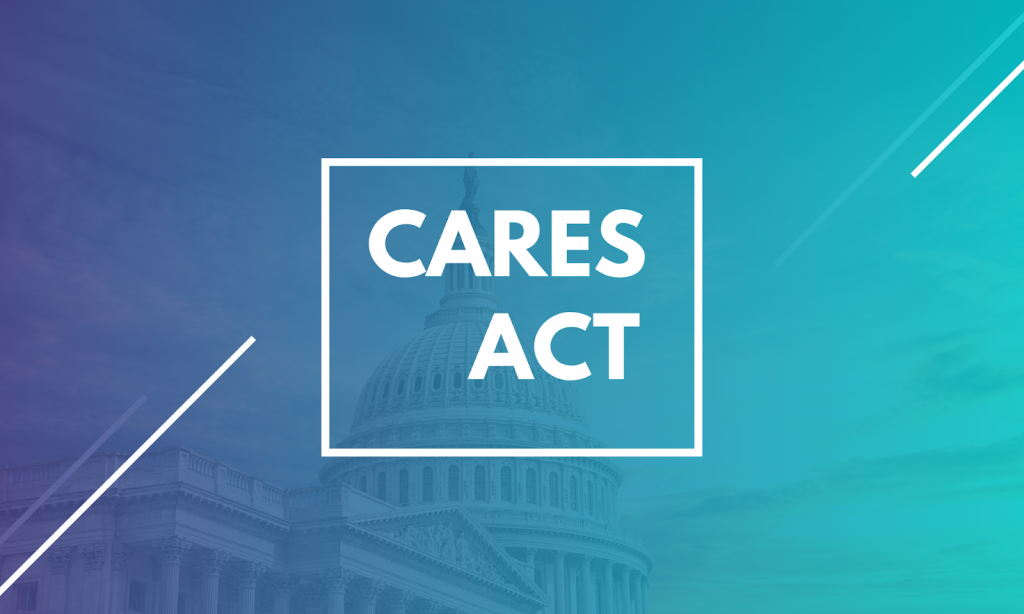Looking for Regular IRS Updates? Copy

The IRS provides email links to people interested in regular updates on tax tips, tax news, and changes in tax law.
The updates cover a variety of issues and topics, including:
- Alerts on basic tax information
- Tips to learn more about the Tax Cuts and Jobs Act
- Tips from the IRS National Media Relations Office in Washington, D.C.
- Tax guidance tips when the IRS releases advance copies on issues, such as regulations, revenue rulings, revenue procedures, announcements, and notices
- Timely alerts from the IRS’s Office of Professional Responsibility
- News on the most recent tax statistics
Go to https://service.govdelivery.com/accounts/USIRS/subscriber/new to subscribe.
* This information is not intended to be a substitute for specific individualized tax advice. We suggest that you discuss your specific tax issues with a qualified tax advisor.
Tip adapted from the IRS.gov[I]
Investment advisory services are offered through CapSouth Partners, Inc., dba CapSouth Wealth Management, an independent registered Investment Advisory firm. Information provided by sources deemed to be reliable. CapSouth does not guarantee the accuracy or completeness of the information. This material has been prepared for planning purposes only and is not intended as specific tax or legal advice. Tax and legal laws are often complex and frequently change. Please consult your tax or legal advisor to discuss your specific situation before making any decisions that may have tax or legal consequences.
This article contains external links to third party content (content hosted on sites unaffiliated with CapSouth Partners). The policies and procedures governing these third party sites may differ from those effective on the CapSouth company website, as outlined in these Disclaimers. As such, CapSouth makes no representations whatsoever regarding any third party content/sites that may be accessible directly or indirectly from the CapSouth website. Linking to these third party sites in no way implies an endorsement or affiliation of any kind between CapSouth and any third party, including legal authorization to use any trademark, trade name, logo, or copyrighted materials belonging to either entity.



